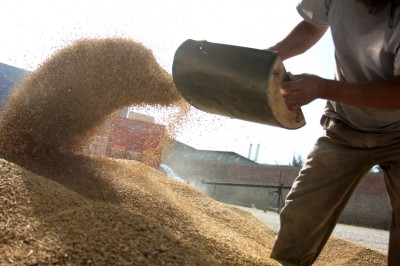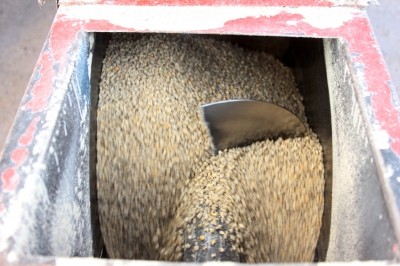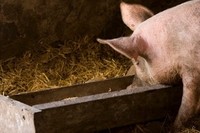Groundnuts from Sudan also subject to checks
Feed contaminant risk: EU steps up border controls on enzymes from India

The EU Commission said that, since July 2013, several notifications were reported on the Rapid Alert System for Food and Feed (RASFF) by member states showing the presence of high levels of the antibiotic chloramphenicol in enzymes originating from India.
Controls performed at EU borders on the basis of Regulation (EC) No 669/2009 continue to deliver results, said the Commission.
It is, therefore, adding the enzymes to the list of feed and food of plant origin subject to increased border checks for their possible contamination with chloramphenicol.
Vulnerable food and feed chains
Last September, enzymes manufactured in India by Advanced Enzymes in Mumbai and distributed worldwide were found to be tainted with tiny amounts of chloramphenicol - a highly toxic antibiotic that has been withdrawn for most human uses.
The incidents underlined the increasing vulnerability and complexity of the food and feed chains reliant on sourcing ingredients globally.
Sales from India to Japan began the chain of contamination, which traveled through the EU and onward in North America.
A manufacturing plant in California - Specialty Enzyme and Biochemicals Company - was the point of entry into the US where the tainted products were released to food and feed manufacturers.
The EU and US authorities said they were confident that there was no human health concern with regard to consumption of finished food prepared with these enzymes.
Enzyme producer task force
The use of chloramphenicol in the production of enzymes is not standard industry practice, stressed the Association of Manufacturers and Formulators of Enzyme Products (AMFEP) in September 2013 after the discovery of the tainted enzymes.
The Brussels-based trade group said it was unacceptable that enzyme products containing the antibiotic would be used as feed additives or in food processing. It set up a task force to address the issue with its members.
AMFEP urged enzyme producers to critically review their existing operating practices and quality control mechanisms during the insourcing and manufacturing of enzyme preparations and evaluate ways to further increase the effectiveness of their detection methods and procedures.
Aflatoxin-tainted groundnuts
EU officials said that RASFF notifications related to aflatoxin-tainted groundnuts originating from Sudan for use in feed have been issued since the beginning of 2014.
So more stringent border checks are also being put in place, said the Commission, on groundnuts and derived products for feed and food originating from Sudan due to their possible contamination with the toxin.
Evidence-based assessment
The amendments to the border control regulation are set to enter into force as of 1 April this year.
The decision to include an imported commodity in the list of feed and food of plant origin subject to increased border checks follows extensive evidence-based assessment, a spokesperson for DG Consumer Health told FeedNavigator.com.
“Authorities rely on notifications received through RASFF, findings resulting from the activities of the Food and Veterinary Office (FVO), and relevant information provided by the member states and/or third countries.”












